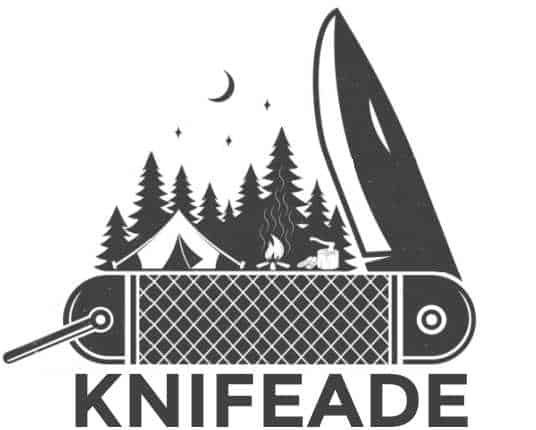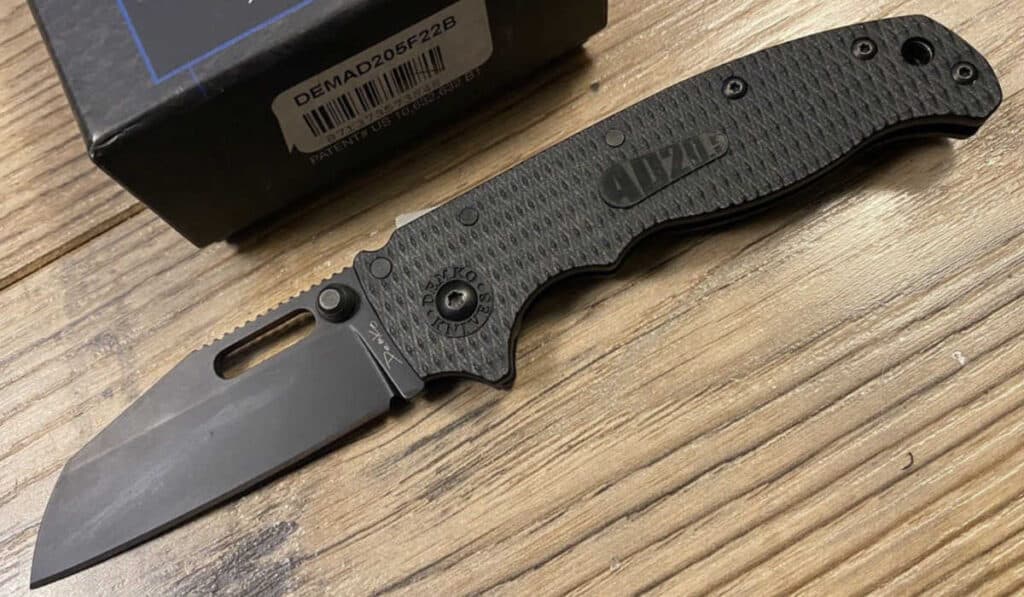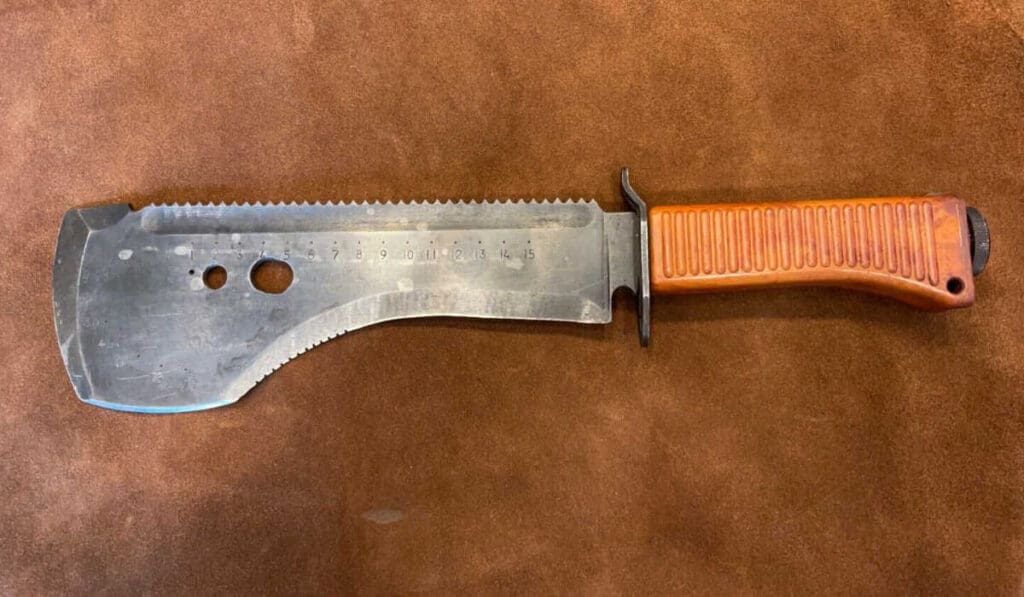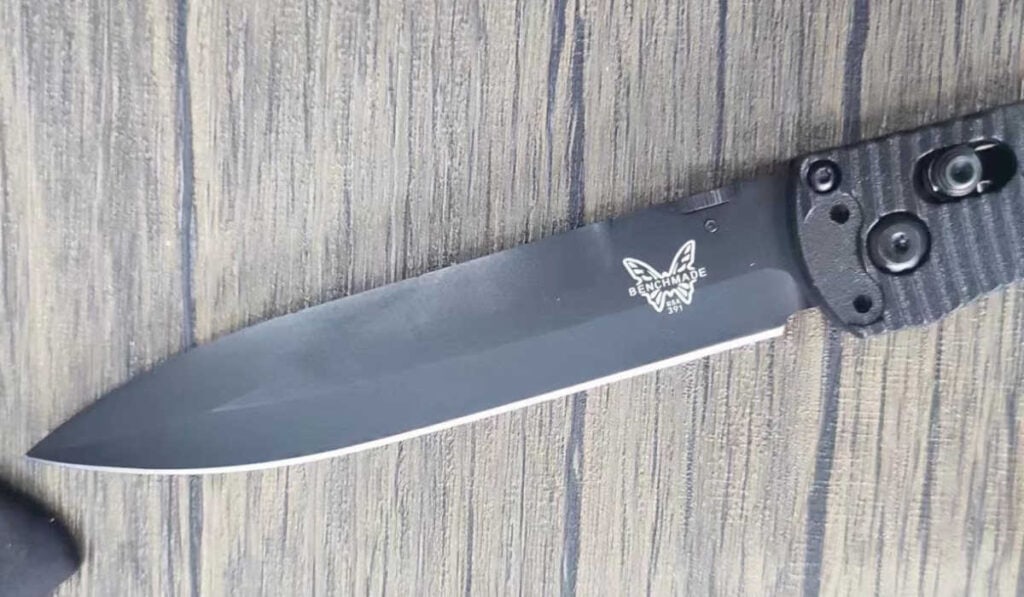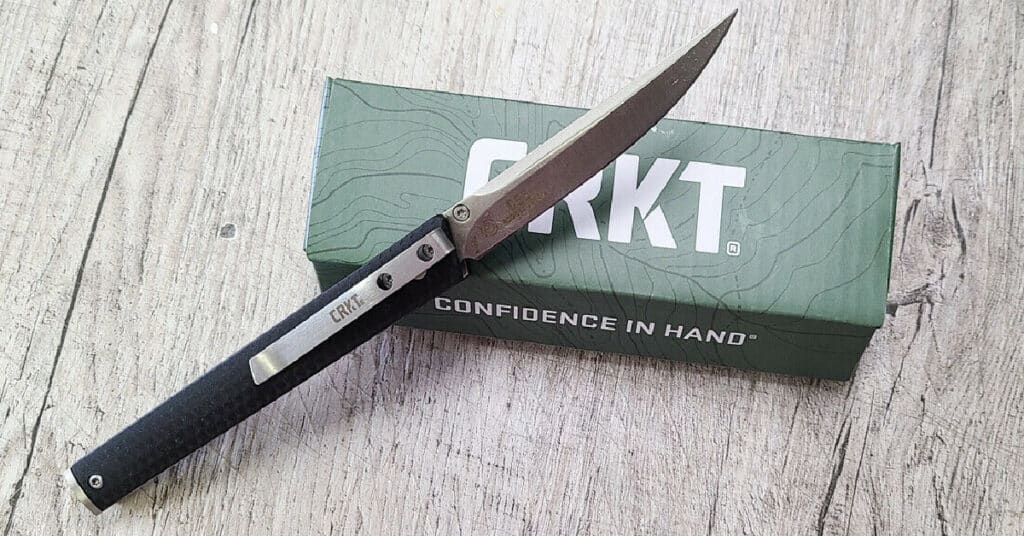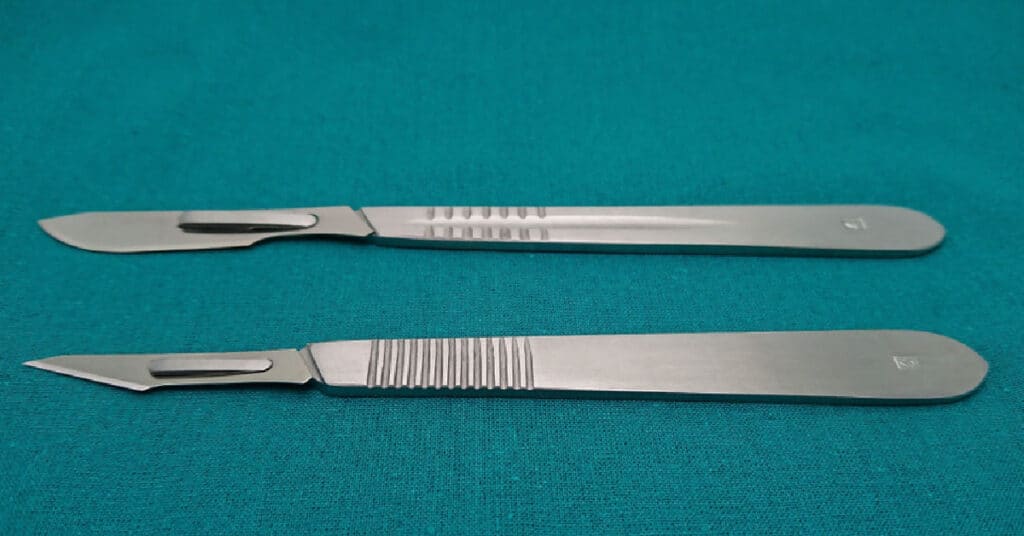Last updated on October 21st, 2023 at 12:47 am
As an Amazon Associate I earn from qualifying purchases.
While Maryland has maintained consistent knife laws for a significant amount of time, it’s essential to understand the specifics of these laws whether you’re a resident, planning a visit, or just passing through the Old Line State. Ensuring compliance with both local and state regulations is crucial to avoid legal pitfalls.
Keep reading to stay on the right side of the law in Maryland!
Our Top Rated “50-State-Legal” Knives
*These knives are listed based on their broad legality across states, but always consult your local laws before making a purchase.
Does Maryland Have Statewide Preemption Knife Laws?
Maryland lacks statewide preemption, implying that counties within the state can enforce stricter knife restrictions. This scenario leads to varying regulations across counties, making it a complex landscape for knife enthusiasts. A knife deemed legal in one county could be illegal in a neighboring one. Thus, it’s advisable to research the knife laws of each county you intend to visit, especially when organizing activities like hunting trips.
Legal Knives in Maryland
Maryland’s knife laws are quite lenient regarding ownership, covering a broad spectrum of knives, such as:
- Balisongs or butterfly knives
- Bowie knives and other large blades
- Stabbing knives like dirks, daggers, stilettos
- Switchblades and other automatic knives
- Gravity knives
- Disguised knives
- Throwing knives
- Undetectable knives
- Manual penknives
Although there aren’t explicit restrictions on knife ownership, selling certain types like switchblades, gravity knives, ballistic knives, or knives with shooting blades faces limitations. It’s vital to remember that these regulations can differ from one county to another.
Maryland Knife Definitions
Grasping the specific definitions related to knife laws in Maryland is vital. Some definitions are provided within the law, while others are derived from case law:
- Weapon – includes dirks, bowies, switchblades, star knives, sand clubs, metal knuckles, and nunchaku, but excludes handguns or penknives without a switchblade.
- Penknife – defined through Bacon vs. Maryland, where the court stated that a penknife with a manual folding blade is not a weapon, irrespective of size.
- Switchblade knife or switchblade penknife – a knife whose blade opens automatically by hand pressure applied to a button, spring, or other devices on the handle. Another definition encompasses devices designed to propel a blade from a metal sheath using a high compression ejector spring, known as shooting knives, with ballistic knives also considered weapons under state law.
- Gravity knife – defined in Savoy vs. State, where the court equated gravity knives to switchblades since both open by pressing a button, with the sole difference being that a gravity knife’s blade is suspended through gravity, thus classifying it as a weapon.
Carrying Knives in Maryland
Maryland law stipulates the manners and locales where you can carry a knife or dangerous weapon.
Concealed Carry
Generally, carrying a concealed dangerous weapon is prohibited. However, concealed carry of a pocket knife with a manual folding blade is allowed, regardless of size, unless used with unlawful or harmful intent.
Open Carry
Openly carrying any pocketknife with a foldable blade or other dangerous weapon is permissible, provided there’s no malicious intent towards others. Note, carrying dangerous weapons openly on public school property is illegal.
Carrying by Minors:
Minors, those under 16 years old, are prohibited from carrying any dangerous weapon one hour before sunrise and one hour after sunset, with exceptions for certain activities like hunting or military/civic engagements.
Carrying by Felons:
While there’s no specific statute regarding whether felons can carry or own knives in Maryland, consulting with legal counsel is recommended due to potential varying restrictions across states and counties.
Exemptions
Certain individuals and scenarios are exempt from Maryland’s knife-carry laws:
- Law enforcement officers, whether retired or active, with valid credentials
- Officers within the state or any county therein
- Individuals with a state-issued permit to carry a weapon
- Participants in historical demonstrations authorized by schools to carry weapons or replicas
- County Board of Education employees who guard schools
Maryland Knife Length Laws
There aren’t specific statewide knife blade length restrictions in Maryland. However, individual counties may have varying provisions regarding blade length.
FAQs About Maryland Knife Laws
Can A Minor Carry A Knife In Maryland?
Minors, defined as individuals under 16 years old, are restricted from carrying any dangerous weapon one hour before sunrise and one hour after sunset, except for certain activities like hunting or civic/military activities.
Can A Felon Carry A Knife In Maryland?
There’s no specific law addressing whether felons can carry or own knives in Maryland. It’s advisable for felons to consult with a lawyer or their parole officer as different states and counties may have varying restrictions.
Can You Carry A Knife On School Property In Maryland?
Are OTF (Out The Front) Knives Legal In Maryland?
Are Butterfly Knives Legal In Maryland?
Does Maryland Have Knife Length Laws?
There aren’t specific statewide knife blade length restrictions in Maryland. However, individual counties may have varying provisions regarding blade length.
Maryland State Knife Law References
Official Sources of Maryland’s Knife Laws
- Maryland Criminal Law Code Section 4-105 (2021).
- Section 4-101 of the Code of Maryland (Statutes).
Significant Court Cases
| Case Name/Title | Summary |
|---|---|
| Lawrence v. State | The court upheld strict liability for wearing, carrying, or transporting a handgun. |
| Johnson v. State | While not much detail is provided, it’s a case listed under Maryland’s knife laws. |
| Michael Vanison v. State of Maryland | The court upheld a conviction of a prison inmate for possessing a makeshift knife. |
Timeline of Major Changes in Maryland’s Knife Law History
- 1957: Maryland restricted the concealed carry of switchblades.
- 1991: In the case of Bacon v. State of Maryland, the court observed that penknives are considered to encompass any knife with the blade folding into the handle, and a lockable blade does not cause the knife to be other than a penknife.
- Currently: There has been no change in Maryland knife laws for decades
The legal codes and court cases provide a framework for how knife laws are structured and interpreted in Maryland. The timeline shows the evolution, albeit limited, of knife laws over the years in the state.
Conclusion
As an Amazon Associate I earn from qualifying purchases.
